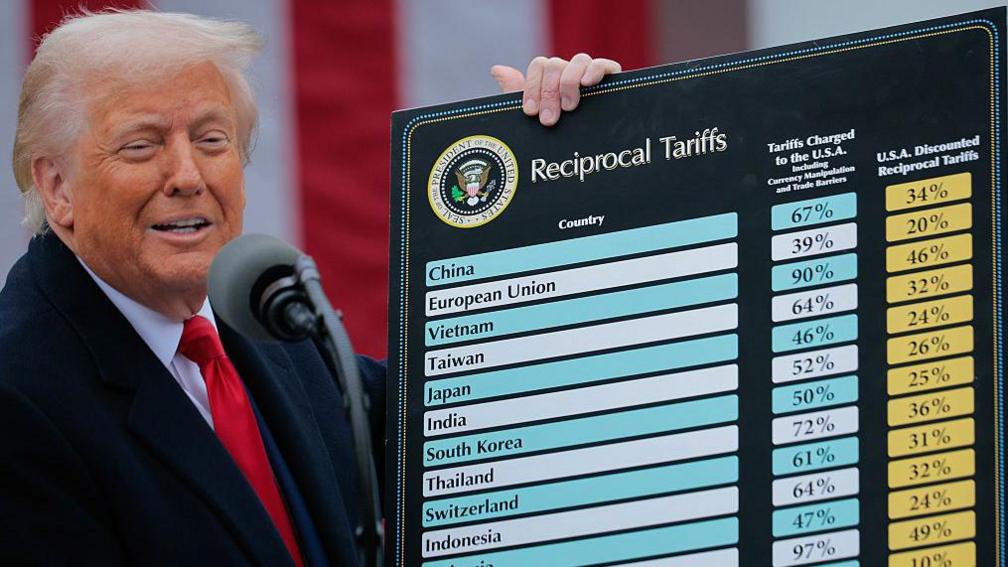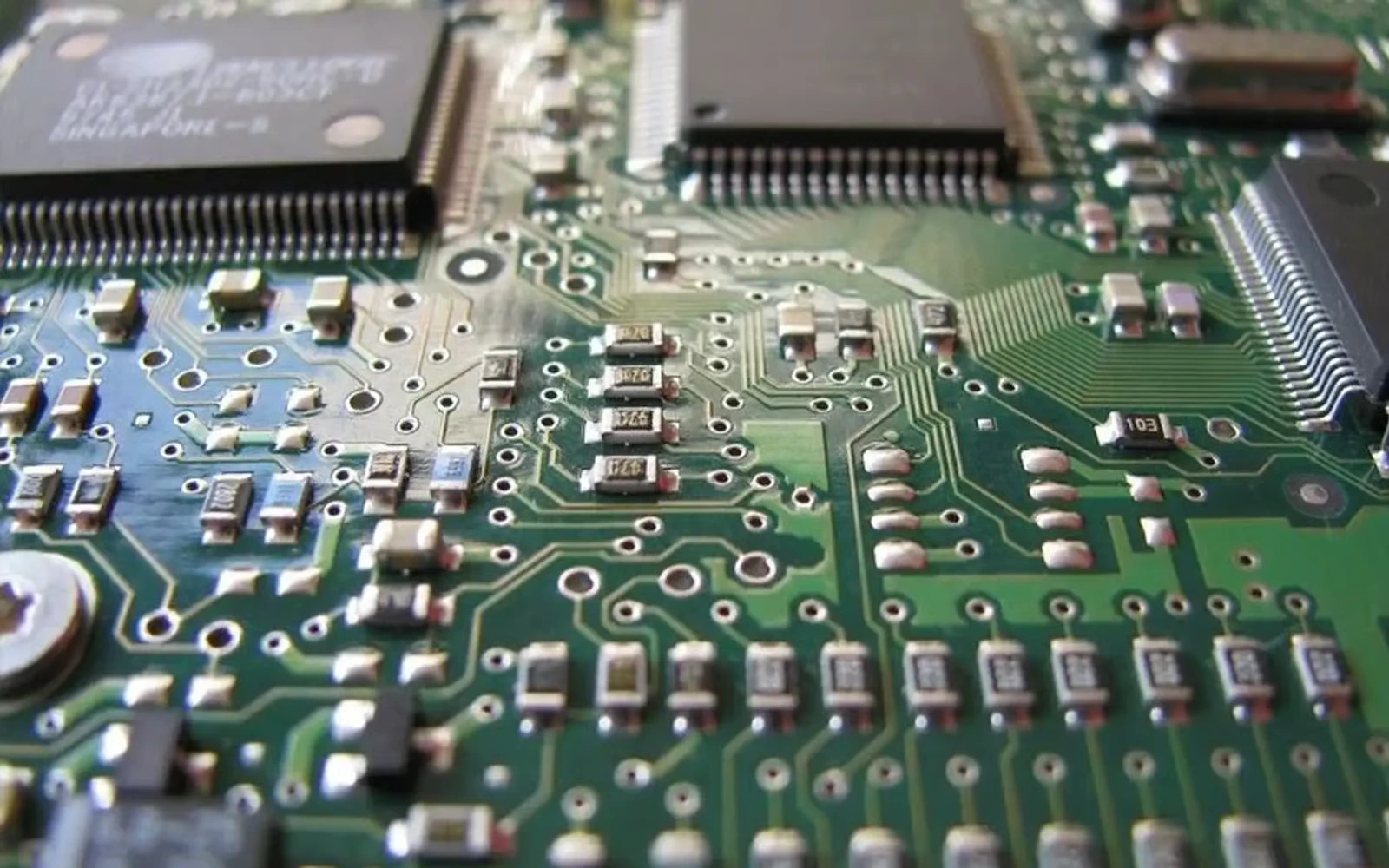
Editor
Celine Low chevron_right
President Donald Trump has announced a potential 100% tariff on imported semiconductor chips, but with one major caveat: companies that are "building in the United States" will be exempt.
"So 100% tariff on all chips and semiconductors coming into the United States. But if you've made a commitment to build (in the U.S.), or if you're in the process of building (in the U.S.), as many are, there is no tariff," Trump said.

This sudden announcement has created significant uncertainty in the global tech industry, particularly for major semiconductor exporters like Malaysia.
Many crucial details are still up in the air, as it is not clear exactly what qualifies for the exemption or precisely which types of chips will be covered by the new rules.
Malaysia May Be Hit Hard By This New Tariff If Not Exempted
Investment, Trade, and Industry Minister Tengku Zafrul Aziz said Malaysia exported nearly RM60.6 billion worth of semiconductor products to the US in 2024 during a Parliament session today, 7 August.
This sector also employs 72,000 skilled workers and supports 7,200 local suppliers, including many small and medium-sized businesses.
He addressed Trump's tariffs, sharing that he has already contacted US trade officials to seek clarification, The Edge Malaysia reported.

He noted that without an exemption, the impact on Malaysia would be significant, as its products would become less competitive in the US market. To prepare, the ministry plans to work with local exporters to encourage them to diversify their markets and reduce their reliance on the US.
For the moment, Zafrul said semiconductor products exported from Malaysia to the US remain exempt from the 19% reciprocal tariff set to take effect on 8 August, as there has not been a formal tariff announcement yet.
“However, this exemption is subject to review and could change at any time depending on the US administration’s policy direction," he was quoted saying in FMT.
Trump's Tariff Has Already Shown Its Effects
While The Star noted a dip in the in the Malaysian stock market for semiconductor-related companies, others that have already invested in the US appearing to be in a strong position.
Samsung and TSMC, two of the world's largest chipmakers, saw their stock prices rise.
The Straits Times reported that the tariff may be aimed at older, "legacy" chips rather than the advanced chips used in artificial intelligence (AI), which are often made by companies that are already expanding in the US.
The new policy is a clear sign that the US is using its trade influence to reshape the global semiconductor landscape, pushing for more manufacturing to be done within American soil.
Stay updated with ProductNation on here, Instagram & TikTok as well.
Read more related news here:
